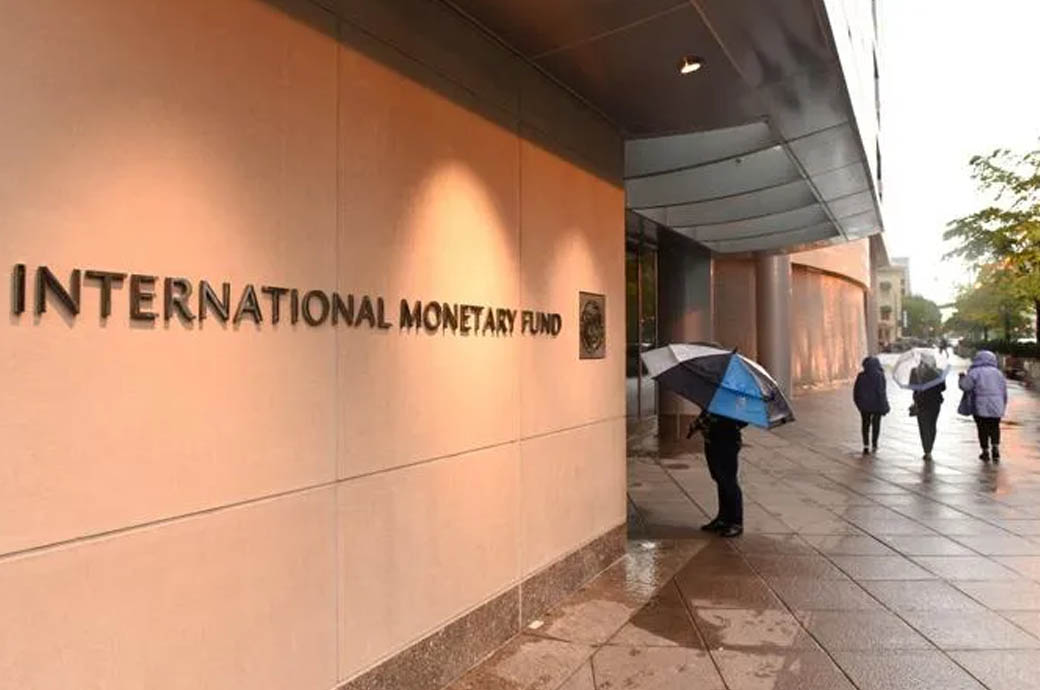The global economy continues to face steep challenges, shaped by the Russian invasion of Ukraine, a cost-of-living crisis caused by persistent and broadening inflation pressures, and the slowdown in China, Gourinchas wrote in a blog post.
The 2023 slowdown will be broad-based, with countries accounting for about a third of the global economy poised to contract this year or next, according to Pierre-Olivier Gourinchas, IMF economic counsellor and director of research, who recently said that overall, this year’s shocks will reopen economic wounds that were only partly healed after the pandemic.
“The three largest economies, the United States, China, and the euro area will continue to stall. In short, the worst is yet to come and, for many people, 2023 will feel like a recession,” he wrote.
IMF’s global growth forecast for this year is unchanged at 3.2 per cent, while its projection for next year has been reduced to 2.7 per cent—0.2 percentage points lower than the July forecast.
In the United States, the tightening of monetary and financial conditions will slow growth to 1 per cent next year. In China, IMF has lowered next year’s growth forecast to 4.4 per cent due to a weakening property sector and continued lockdowns.
The slowdown is most pronounced in the euro area, where the energy crisis caused by the war will continue to take a heavy toll, reducing growth to 0.5 per cent in 2023.
Almost everywhere, rapidly rising prices, especially of food and energy, are causing serious hardship for households, particularly for the poor.
Global inflation is now expected to peak at 9.5 per cent this year before decelerating to 4.1 per cent by 2024. Inflation is also broadening well beyond food and energy, he noted.
Downside risks to the outlook remain elevated, while policy trade-offs to address the cost-of-living crisis have become more challenging. Inflation could, yet again, prove more persistent, especially if labour markets remain extremely tight.
Finally, the war in Ukraine is still raging and further escalation can exacerbate the energy crisis, he wrote.
Increasing price pressures remain the most immediate threat to current and future prosperity by squeezing real incomes and undermining macroeconomic stability, he said.
Central banks are now laser-focused on restoring price stability, and the pace of tightening has accelerated sharply, he added.
Fibre2Fashion News Desk (DS)

:max_bytes(150000):strip_icc()/Health-GettyImages-1333230386-993ef5fca5994b69bda4b5eab71bf89d.jpg)



